Bosch Puzzle Playing Cards
Bosch Puzzle Playing Cards by Sunish Chabba, 2020.
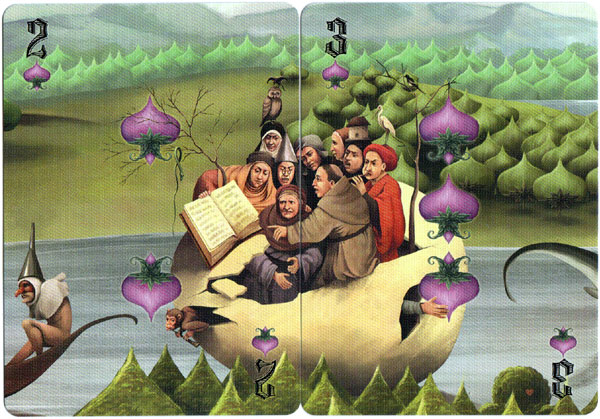
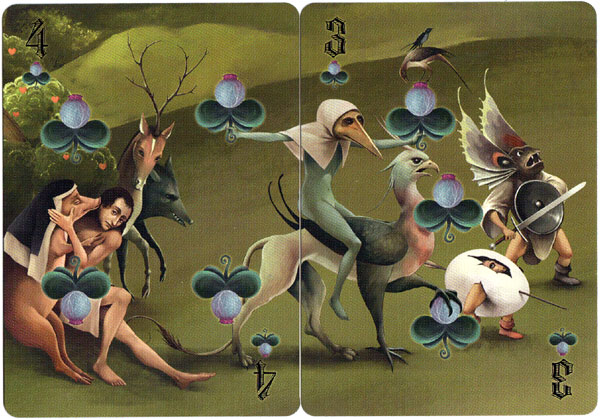
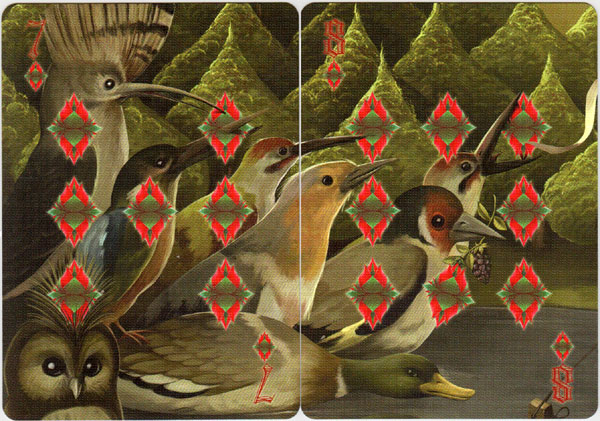
Above: real and imaginary creatures in the procession of vices.
Sunish Chabba’s Bosch Puzzle Transformed Playing Cards is much more than just a new deck. Based on the visionary world of Hieronymus Bosch (’s-Hertogenbosch, c.1450-1516) it is of course full of enigmatic imagery, as seen in the tryptych titled Garden of Earthly Delights in which worldly pleasure is contrasted with vice and corruption.
Bosch came from a family of painters. He was inspired by religious paintings and most of his themes were taken from the Bible, especially the suffering of Christ and the Last Judgement. Alongside images of piety and devotion we often see scenes of purgatory, sinners in infernal torment, and so on, including marginalia of insects, birds, real or imaginary animals or flowers*. His compositions are often divided into several sections, or polyptychs, with arbitrary variations in scale and miniature details interspersed among larger motifs.
This extraordinary playing card project involved hundreds of hours of research over 2 years. Many aspects of Bosch’s artwork have been cleverly combined in an entirely original manner. The puzzle in this deck of cards is that it can actually be formed into a complete polyptych artwork resembling a masterpiece by Bosch, taking playing cards into the realm of fine art. Each individual card has custom artwork, but all the cards combine to form a single larger picture.
The cards are also in a semi-transformational style, which is in itself an additional challenge. This means that the pips have been integrated into the compositions, making each card a self-contained picture. An additional point of interest is that the primary restriction with artwork on playing cards, which is the constrained size, has been ingeniously surpassed in this wonderful polyptych tribute to the Flemish master painter.
See the Box► Decks can be purchased here►
Above: selected cards showing scenes from Sunish Chabba’s Bosch Puzzle Transformed Playing Cards, Collector’s Edition, published by Guru Playing Card Co., Vic 3132, Australia, 2020. Printed in Taiwan by Legends Playing Card Co. 55 Poker sized cards (3.5" X 2.5") in tuck box. Miniature version also available.
In Bosch’s hometown of ’s-Hertogenbosch there was a flourishing knife-making industry. The blade between two ears symbolises those who do not want to hear to the message of salvation.
NOTES and REFERENCES
* Following the theme of miniature illuminations as inspiration for early playing cards, see: Master of the Playing Cards, Master of the Banderoles, Master P.W., Early Spanish-suited cards, etc.
Javier Docampo Capilla, El Blog de la Biblioteca Nacional de España, Después de la exposición: El Bosco y la BNE►
Decks can be purchased here►
By Simon Wintle
Spain • Member since February 01, 1996 • Contact
I am the founder of The World of Playing Cards (est. 1996), a website dedicated to the history, artistry and cultural significance of playing cards and tarot. Over the years I have researched various areas of the subject, acquired and traded collections and contributed as a committee member of the IPCS and graphics editor of The Playing-Card journal. Having lived in Chile, England, Wales, and now Spain, these experiences have shaped my work and passion for playing cards. Amongst my achievements is producing a limited-edition replica of a 17th-century English pack using woodblocks and stencils—a labour of love. Today, the World of Playing Cards is a global collaborative project, with my son Adam serving as the technical driving force behind its development. His innovative efforts have helped shape the site into the thriving hub it is today. You are warmly invited to become a contributor and share your enthusiasm.

Leave a Reply
Your Name
Just nowRelated Articles
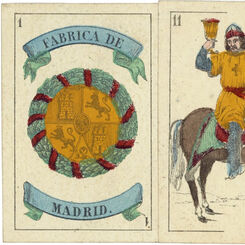
Vicente Gombau y Labad
Elegant fantasy designs by Vicente Gombau y Labad (Madrid), 1861.
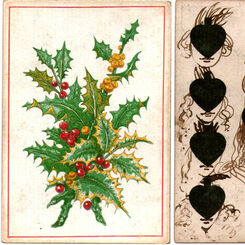
Transformation Cards for Christmas
Hand-drawn Transformation cards, c.1870.

On The Cards
A Motley Pack - transformation playing cards & ‘On The Cards’ book facsimile published by Sunish Cha...
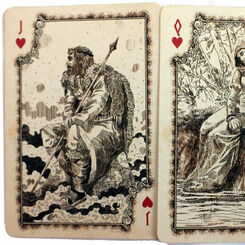
Kalevala
Kalevala playing cards by Sunish Chabba and Ishan Trivedi inspired by ancient Finnish mythology.
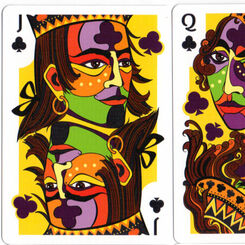
Vizaĝo playing cards
Vizaĝo playing cards created by Annette Abolins, 2017.

Flinders playing cards
Flinders playing cards manufactured by Hudson Industries Pty Ltd (Australia).
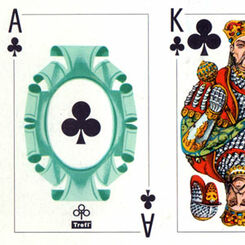
Starościanka
“Starościanka” playing cards manufactured by KZWP-Trefl (Poland).
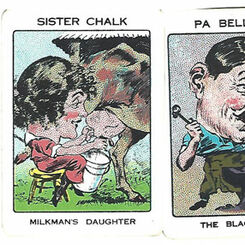
Comic Families
“Comic Families” card game from Australia, c.1940s

Watersprite tarot
The vibrant colours and artwork glorify the symbolism, mood and positive energy in this exciting new...

Alison McDonald
Artwork for The Watersprite Tarot© designed and painted by Alison McDonald.

Transformation of Playing Cards
The best-known fantasies with playing cards are the ‘Transformation’ cards. Hand-drawing ‘transforma...
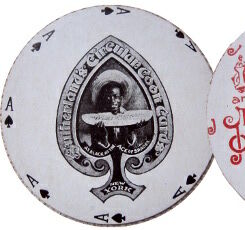
Circular Coon Cards
Circular playing cards in a round tin titled: Sutherland's Circular Coon Cards published by Hartley ...
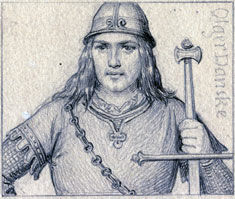
L. P. Holmblad - Denmark
Cards from c.1850 by L. P. Holmblad showing fantasy historical Danish Kings and Queens.

Cats, Cakes, Clothes and Cups
Dianne Longley is a print artist who produces books and folios as well as intaglio and relief prints...
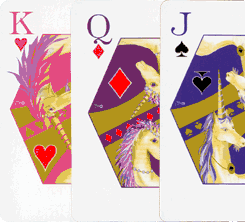
The Enchanted Journey
Cards from the delightful Enchanted Journey playing-cards by Karen Curran of Australia.
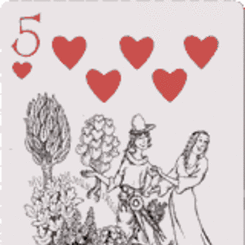
Renaissance Playing Cards
Renaissance Playing Cards by Maxim Hurwicz, showing 54 different drawings spanning the years 1066 to...
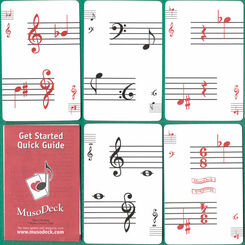
MusoDeck Playing Cards for Musicians
MusoDeck Playing Cards for Musicians

The Enchanted Journey
The Enchanted Journey
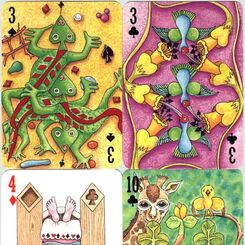
2000Pips Transformation Pack
2000Pips Transformation Pack
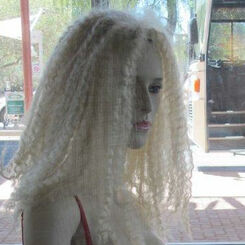
Queen of Hearts
“Queen of Hearts” by Josie Callipari, winner of the Brian Tucker Accounting Desert Fantasia Award 20...
Most Popular
Our top articles from the past 60 days


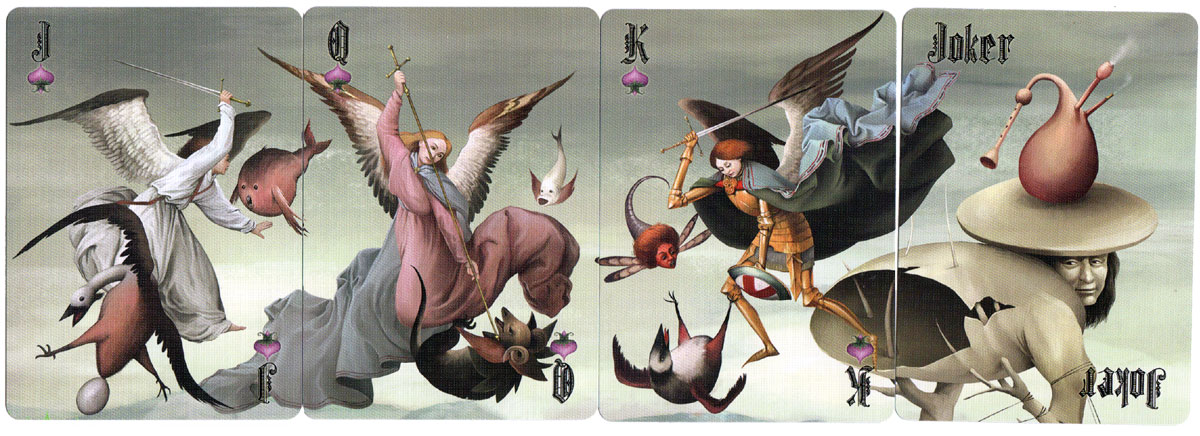
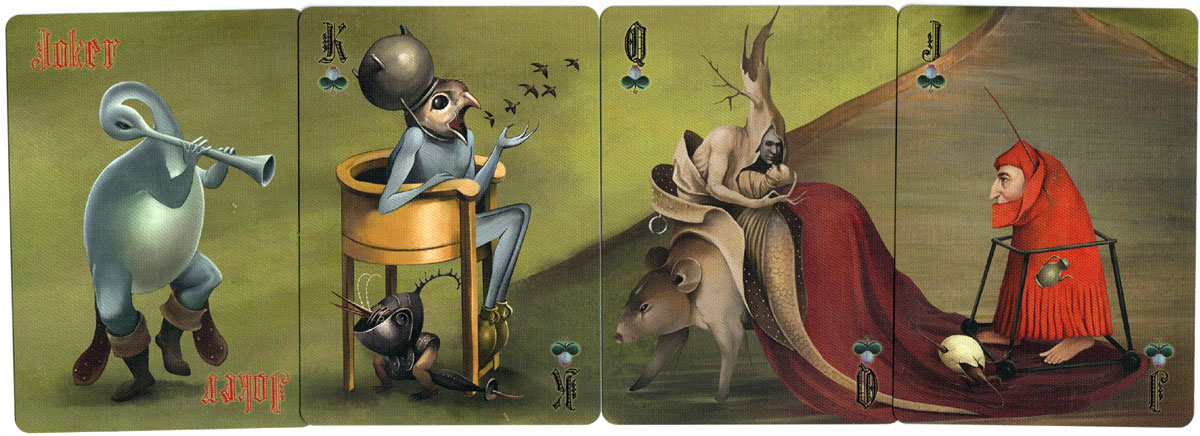
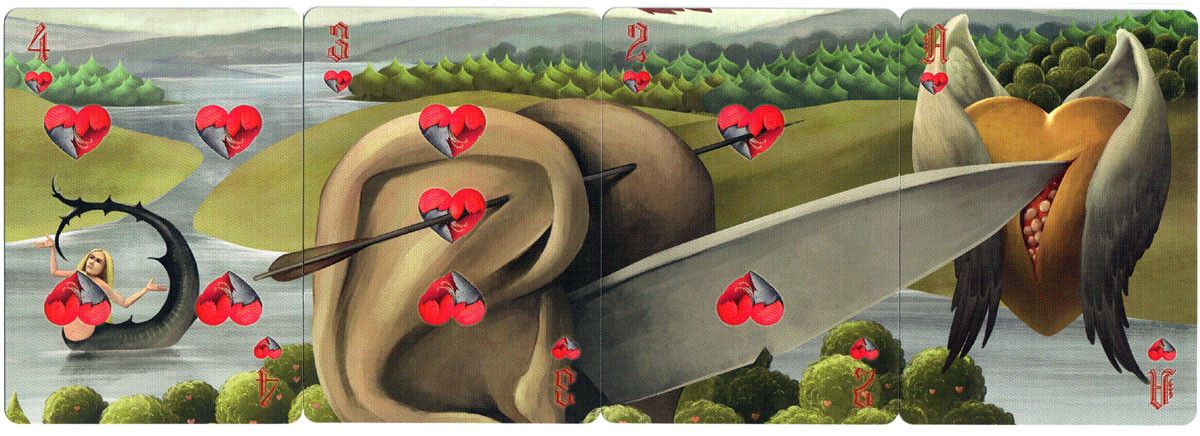
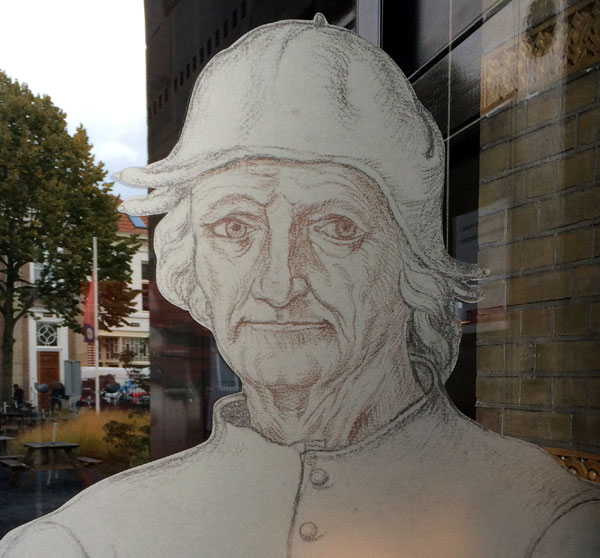
 Your comment here. Your comment here. Your comment here. Your comment here. Your comment here. Your comment here. Your comment here. Your comment here. Your comment here. Your comment here. Your comment here. Your comment here. Your comment here. Your comment here. Your comment here. Your comment here. Your comment here. Your comment here. Your comment here. Your comment here. Your comment here. Your comment here. Your comment here. Your comment here. Your comment here. Your comment here. Your comment here. Your comment here. Your comment here. Your comment here. Your comment here. Your comment here.
Your comment here. Your comment here. Your comment here. Your comment here. Your comment here. Your comment here. Your comment here. Your comment here. Your comment here. Your comment here. Your comment here. Your comment here. Your comment here. Your comment here. Your comment here. Your comment here. Your comment here. Your comment here. Your comment here. Your comment here. Your comment here. Your comment here. Your comment here. Your comment here. Your comment here. Your comment here. Your comment here. Your comment here. Your comment here. Your comment here. Your comment here. Your comment here.




















